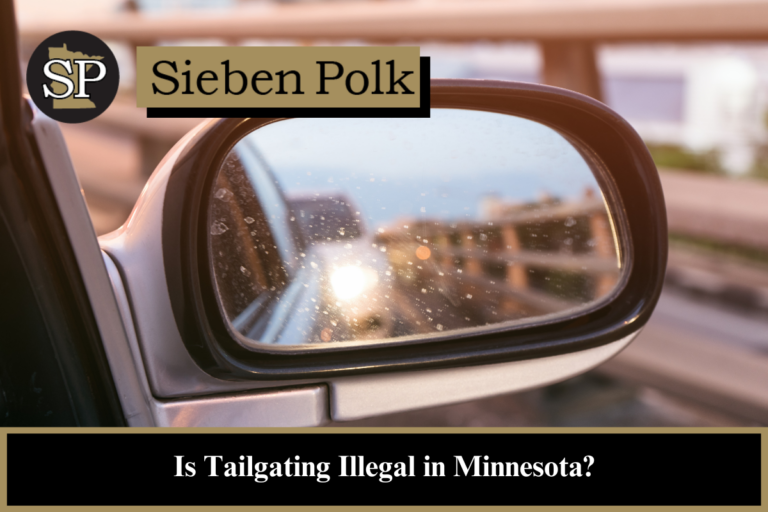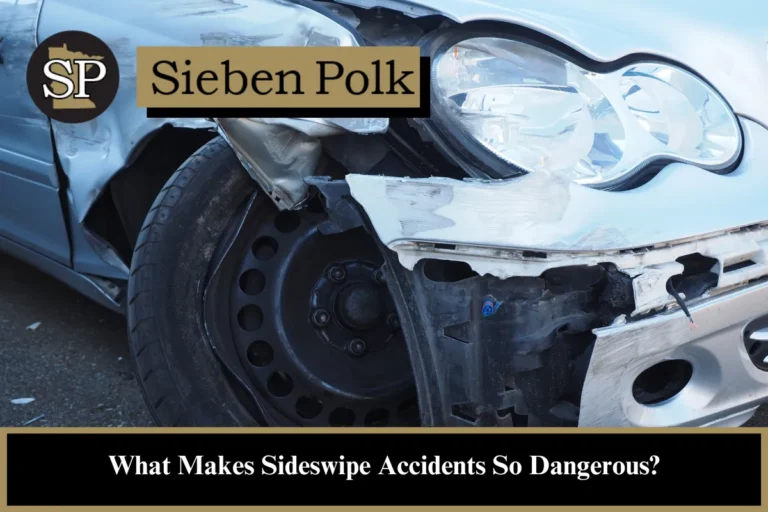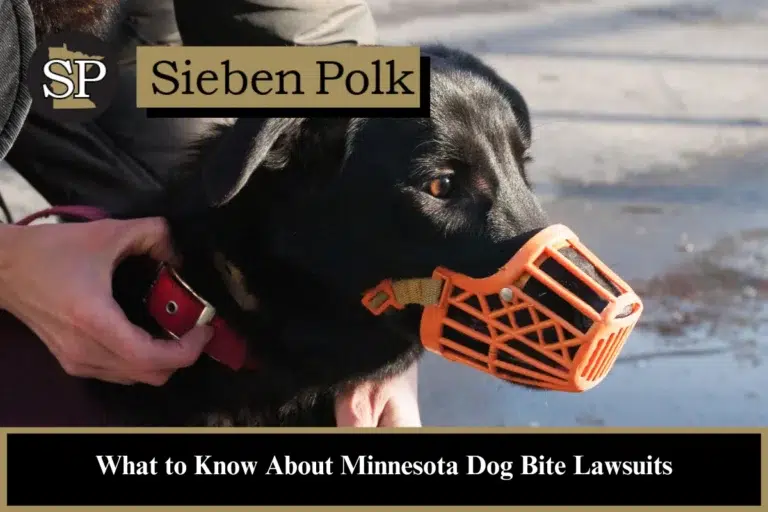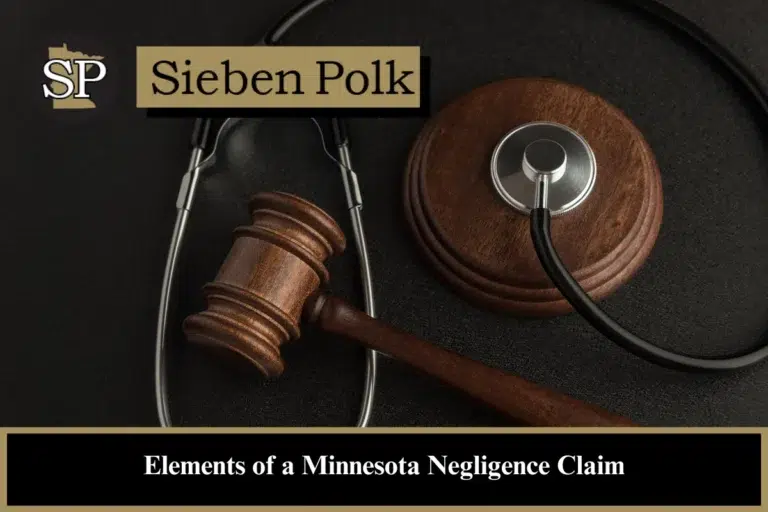Tailgating is illegal in Minnesota. According to Minnesota statute 169.18 Subd. 8, tailgaters may be cited for following your vehicle too closely, regardless of whether their actions result in a rear-end collision.
This guide will explain the laws surrounding tailgating in Minnesota, including when it becomes a criminal offense and how to handle related accidents.
Navigate This Page
- What Is Tailgating?
- What Are the Specific Restrictions for Tailgating in Minnesota?
- Statute of Limitations for Tailgating Accident Claims in Minnesota
- Which States in the Upper Midwest Have Laws Against Tailgating?
- How Close Is Too Close?
- Who Is at Fault for a Tailgating Collision?
- How to Handle a Tailgating Incident in Minnesota
- Our Car Accident Attorneys Are Here To Help
- Related Reading:
What Is Tailgating?
Tailgating is the act of following another vehicle too closely, often to intimidate or encourage the driver to speed up. It is an aggressive driving behavior that can lead to accidents, particularly rear-end collisions.
Common Causes of Tailgating
Drivers may tailgate for various reasons:
- Road rage: Aggressive behavior toward other drivers.
- Bad habits: Some drivers tailgate without realizing the danger.
- Unintentional: Due to traffic or inexperience.
- Speeding: Drivers who speed are more likely to tailgate.
What Are the Specific Restrictions for Tailgating in Minnesota?
Minnesota law includes additional restrictions for specific types of vehicles, such as:
- Vehicles drawing another vehicle
- Motor trucks and motor buses
- Emergency vehicles
These drivers cannot follow other vehicles within 500 feet when responding to an emergency.
Statute of Limitations for Tailgating Accident Claims in Minnesota
The statute of limitations for filing a claim related to a tailgating accident in Minnesota varies based on the type of claim:
- Personal injury lawsuits: 6 years from the date of the accident (Minnesota Statutes Section 541.05)
- Wrongful death claims: 3 years from the date of death (Minnesota Statutes Section 573.02)
Which States in the Upper Midwest Have Laws Against Tailgating?
In addition to Minnesota, several Upper Midwest states also have laws that prohibit tailgating:
- Iowa: Iowa Code 321.307
- Michigan: Section 257.643 of Michigan Compiled Law
- North Dakota: Section 39-10-18
- South Dakota: Codified Laws Section 32-26-40
- Wisconsin: Section 346.14
How Close Is Too Close?
It can be difficult to know the exact safe following distance. The three-second rule is a good guideline:
- Normal conditions: Maintain a 3-second gap between you and the car ahead.
- Adverse conditions (rain, snow, fog): Add an extra second for each condition.
Who Is at Fault for a Tailgating Collision?
Typically, the tailgater is at fault in rear-end collisions. However, fault can be shared, or even assigned to the lead driver under certain circumstances.
Modified Comparative Fault in Minnesota
Minnesota follows a modified comparative fault rule. If you are 51% or more at fault for the accident, you cannot recover damages. However, if you are less than 51% at fault, you can still pursue compensation.
How to Handle a Tailgating Incident in Minnesota
If you’ve been involved in a tailgating accident, it’s important to:
- Document the scene: Take photos and gather witness statements.
- Consult a lawyer: Seek legal advice to determine your next steps.
- File a claim: Work with an attorney to file a claim within the statute of limitations.
Our Car Accident Attorneys Are Here To Help
If you’ve been involved in a tailgating accident, the experienced Eagan car crash lawyers at Sieben Polk P.A. can help you navigate the legal process and secure the compensation you deserve.
Get a Free Consultation Today
Contact Sieben Polk P.A. for a free consultation to discuss your case. Call (651) 437-3148 or fill out our online form to get started.




